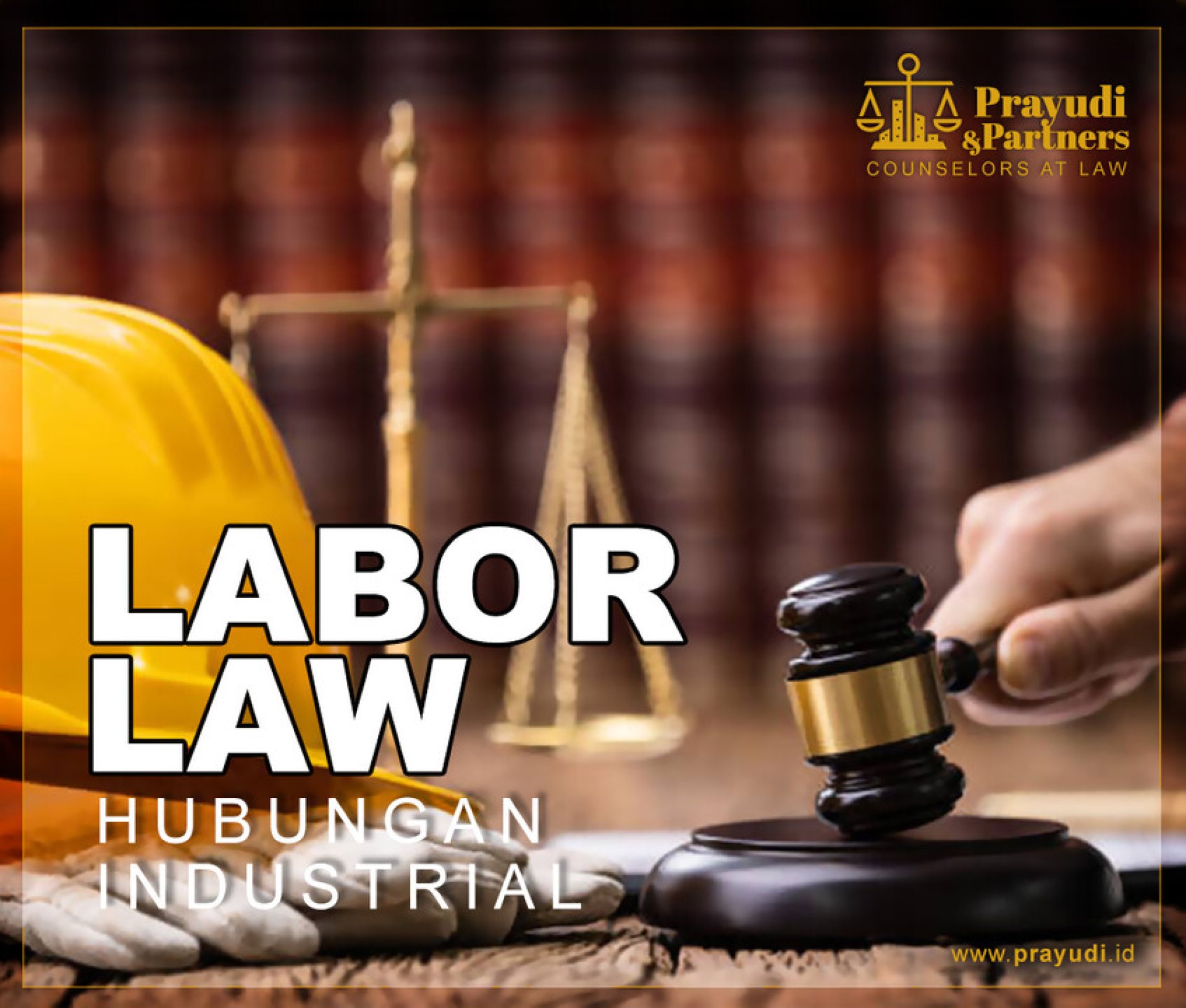Indonesian Industrial Relations and Employment Law

In every country, nothing escapes the reach of lawincluding business activities, whether conducted individually or through a corporation. Business owners increasingly recognize the need for corporate legal consultants to anticipate potential legal issues that may arise throughout their business operations. For this reason, clients often consult us on various legal matters, such as company establishment, licensing, mergers and acquisitions, business cooperation, intellectual property rights (trademarks, copyrights, patents), and industrial relations closely associated with labor law.
Labor law involves the legal representation of employers and their management in all aspects of employment law and in managing their relationships with employees and labor unions, where applicable. The legal support we provide to employers and companies generally includes consultations and recommendations to help them meet both national and international labor standards, as well as further legal assistance related to the implementation of labor law in Indonesia comprehensively.
A labor union is a legally recognized organization of workers who unite to pursue and maintain fair wages and working conditions. Through the process of collective bargaining, union members work together to achieve better pay and benefits, improved working conditions, and safe and equitable workplace policies and procedures. Unions also represent their members in disputes with company management, such as those arising from breaches of contract.
Disputes that may arise between employees and employers are resolved through the Industrial Relations Court (PHI), where claims are filed with the District Court (PN) within the jurisdiction of the employees workplace. There are four types of disputes that may be settled here: rights disputes, interest disputes, termination of employment disputes, and disputes between labor unions within the same company.
Indonesian law allows labor unions and employers organizations to act as legal representatives for their members before the Industrial Relations Court. Nevertheless, it is common for both unions and employers organizations to seek legal advice from attorneys or law firms, as industrial relations disputes often develop into complex cases involving an evolving set of regulations.
The most common regulations include: Law No. 13 of 2003 concerning Manpower; Law No. 2 of 2004 concerning the Settlement of Industrial Relations Disputes; and Government Regulation No. 35 of 2021 concerning Fixed-Term Employment Agreements, Outsourcing, Working Hours and Rest Periods, and Termination of Employment. In addition, there are various ministerial and regional regulations applicable in each jurisdictionsuch as those concerning social security and retirement benefits, health and psychological examinations, communicable diseases, organizational and operational structures in certain service sectors, provincial minimum wages, contractual employment arrangements, disability service units, and many others.
Often, legal disputes or issues cannot be fully managed by in-house legal staff or legal officers whose time is already consumed by handling numerous corporate legal documents. Instead of being overwhelmed by the extensive regulations and legal readings related to business compliance, business owners can focus on operations and growth by utilizing the services of legal consultants or attorneys.